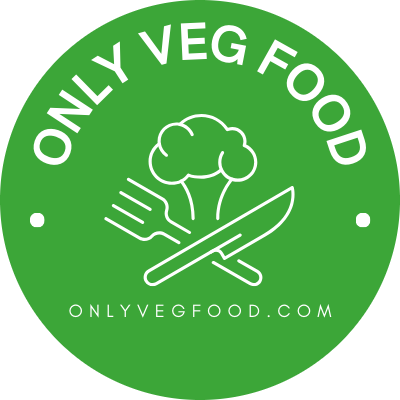Maintaining an active lifestyle demands a balanced and nutrient-rich diet, with protein playing a crucial role in muscle recovery and overall energy levels. While the traditional narrative often associates protein with animal products, the plant-based world offers a diverse array of protein sources that cater to the needs of those who lead active lives. From legumes to seeds and grains, here’s a guide to the top plant-based protein sources that can fuel your adventures.
- Lentils and Legumes:
Lentils, chickpeas, black beans, and other legumes are nutritional powerhouses rich in protein, fiber, and essential nutrients. They serve as versatile ingredients for salads, stews, and plant-based burgers, providing a solid protein foundation for those on the move. - Quinoa:
Often referred to as a complete protein, quinoa contains all nine essential amino acids, making it an excellent choice for active individuals. Its versatility allows it to be used in salads, bowls, or as a side dish, providing a wholesome protein boost. - Tofu and Tempeh:
Tofu and tempeh, both derived from soybeans, offer plant-based alternatives with a high protein content. Tofu’s neutral taste makes it adaptable to various cuisines, while tempeh’s nutty flavor and firm texture add a unique touch to salads, sandwiches, and stir-fries. - Nuts and Seeds:
Almonds, peanuts, chia seeds, and hemp seeds are packed with protein and healthy fats, making them ideal snacks for active individuals. Nut butters, like almond or peanut butter, add a delicious protein punch to smoothies, toast, or energy bites. - Edamame:
Young, green soybeans, commonly known as edamame, are not only a tasty snack but also a rich source of plant-based protein. Boiled or steamed, they make a convenient and nutritious addition to salads, stir-fries, or enjoyed on their own. - Seitan:
Seitan, also known as wheat gluten, is a high-protein meat substitute with a chewy texture. It absorbs flavors well, making it an excellent choice for plant-based versions of traditionally meat-heavy dishes like kebabs, stir-fries, and sandwiches. - Chia Seeds:
Chia seeds are not only a great source of protein but also rich in omega-3 fatty acids, fiber, and antioxidants. Mixing chia seeds with plant-based milk or yogurt creates a protein-packed pudding that can be a satisfying post-workout snack or breakfast option. - Spirulina:
This blue-green algae is a complete protein source and a rich supplier of vitamins and minerals. Spirulina can be added to smoothies or taken as a supplement to enhance protein intake and support overall well-being. - Pea Protein:
Extracted from yellow peas, pea protein has become a popular choice for plant-based protein powders. It offers a convenient way to boost protein intake in shakes, smoothies, or even baked goods. - Whole Grains:
Whole grains like brown rice, farro, and bulgur not only provide a good amount of protein but also deliver sustained energy for prolonged physical activities. Incorporating these grains into meals ensures a well-rounded nutritional profile.
In conclusion, adopting a plant-based diet doesn’t mean compromising on protein intake, especially for those leading active lifestyles. Embracing the variety offered by lentils, quinoa, tofu, nuts, and seeds can not only meet but exceed the protein needs of individuals engaged in sports, fitness, or outdoor adventures. With creativity in the kitchen, plant-based protein sources can become the foundation for delicious, nourishing meals that fuel your body and support your active pursuits.
